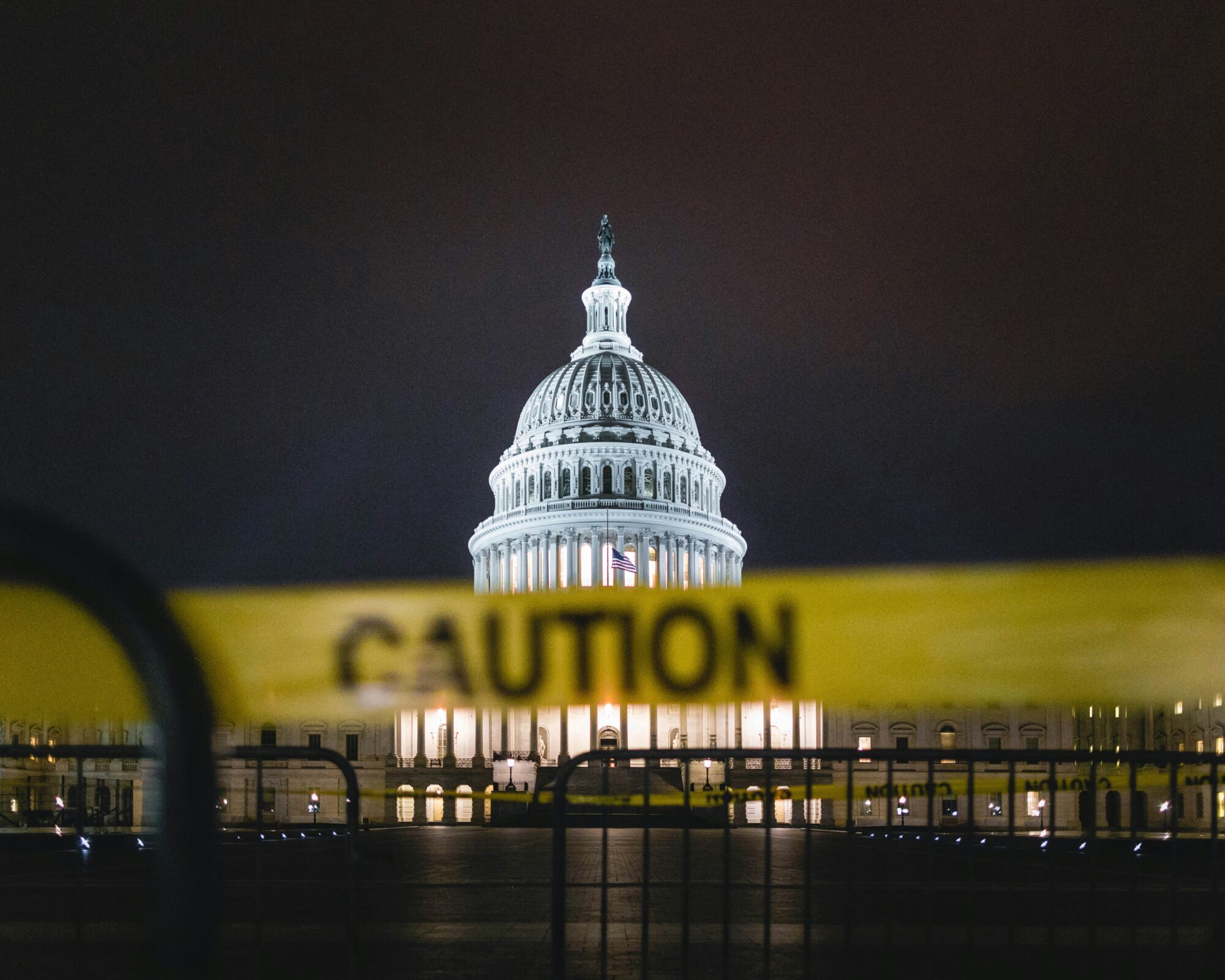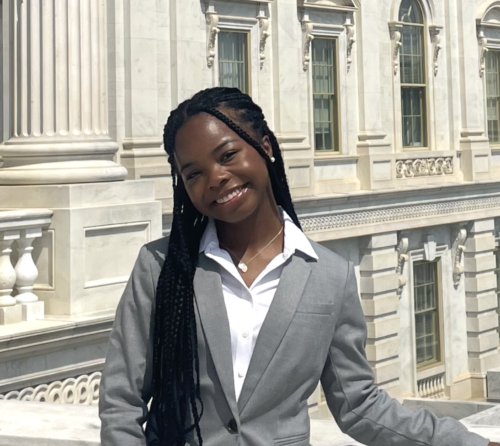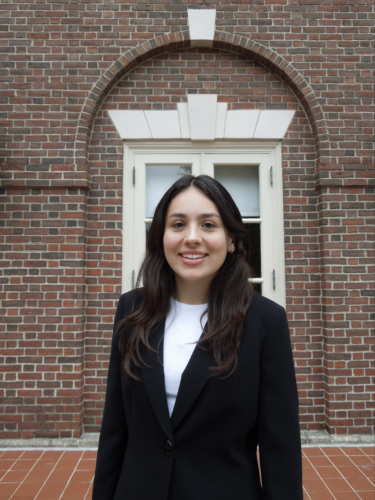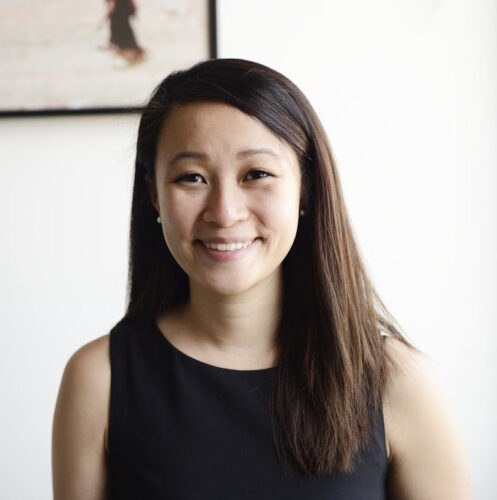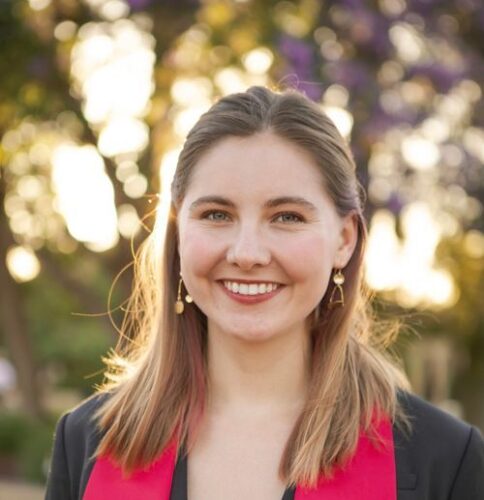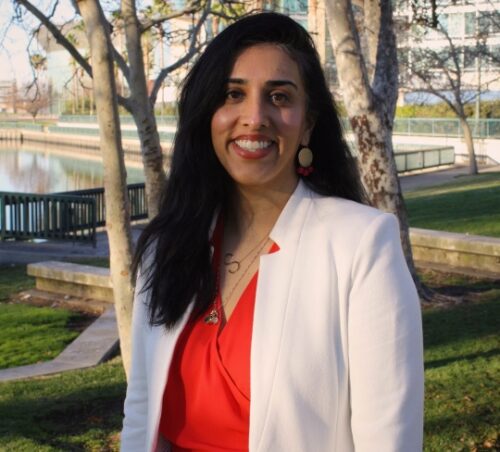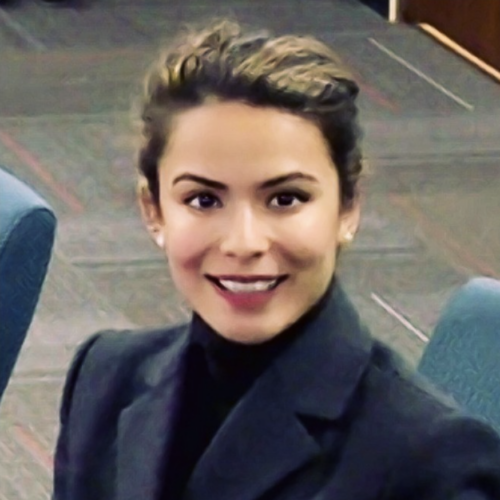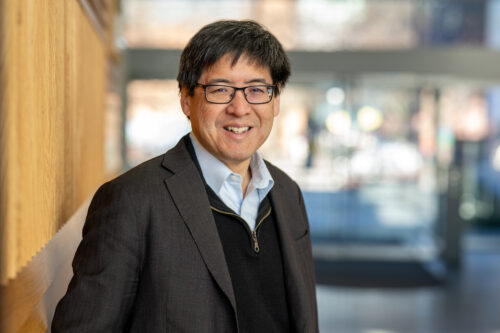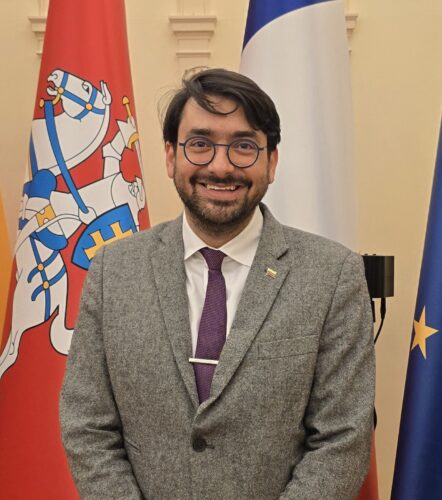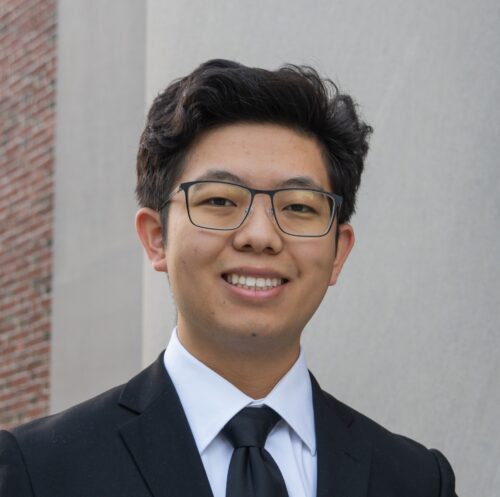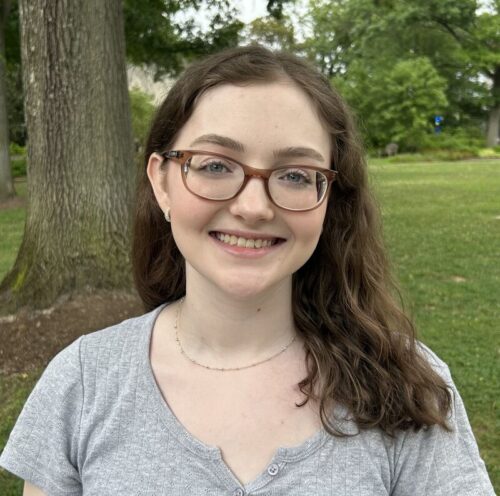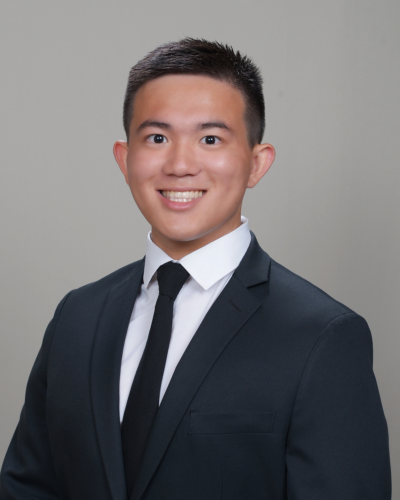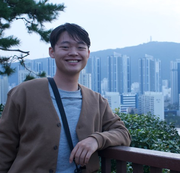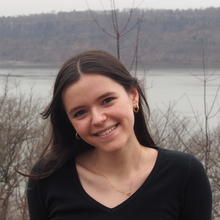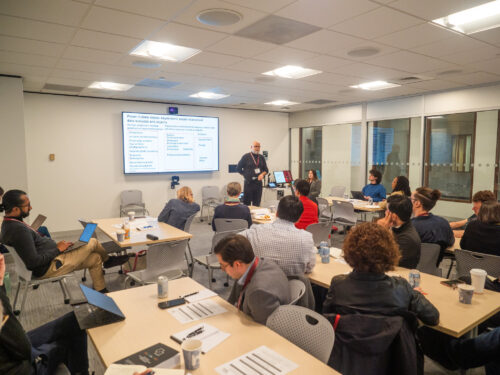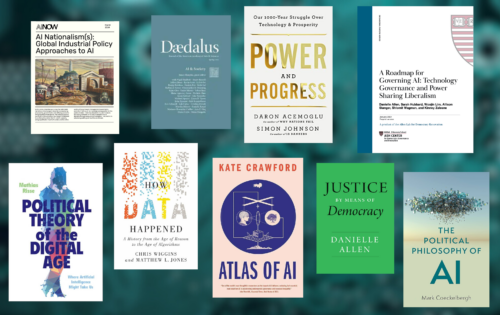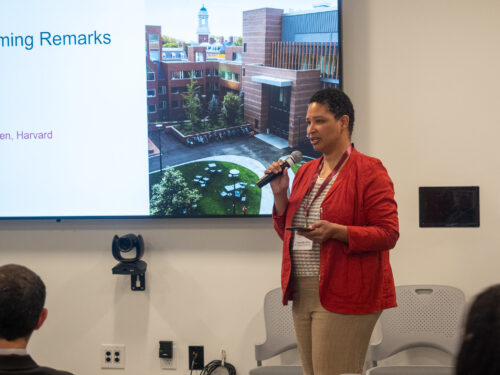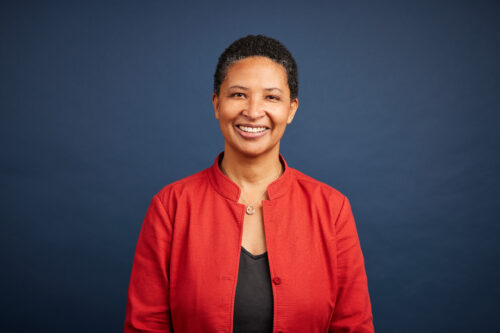
Danielle Allen
Professor of Public Policy, James Bryant Conant University Professor
Renovating constitutional democracy for the 21st century
The Allen Lab for Democracy Renovation works to ensure that public policies, political institutions, and the technologies that support them are designed and judged by how well they strengthen constitutional democracy—expanding freedom and political equality, building fully inclusive institutions, and widening avenues for participation and connection, all rooted in the conditions people need to flourish.
Too often, democracy is treated as a stand-alone policy domain rather than a standard shaping all policymaking; the Lab works to change this by developing new democracy-supporting frameworks and standards, grounded in the field-defining scholarship of Danielle Allen. We advance this work through research, teaching, field-building, proof-of-concept pilots, professional training, network-building, and the promotion of exemplary policy solutions that equip decisionmakers to deliver responsive representation and effective governance for large, complex, digitally powered societies.
Professor of Public Policy, James Bryant Conant University Professor
Executive Assistant to Danielle Allen
PhD, Senior Lab Director
Associate Director for Technology & Democracy
Coordinator, Allen Lab for Democracy Renovation
Lab Affiliate; Assoc. Professor, UCSF Law School
Doctoral Student, Harvard Government Department
Harvard College
Researcher, Harvard College
Doctoral Student, Harvard Government Department
Harvard College
Non-Resident Senior Fellow, Allen Lab for Democracy Renovation
July 2024-June 2026
Policy Fellow, AY2025-2026
Researcher, Harvard College
Doctoral Student, Harvard Government Department
Non-resident Policy Fellow, AY2025-2026
Policy Fellow, AY2025-2026
Researcher;
Doctoral Student, Harvard Government Department
Policy Fellow, AY2025-2026
Policy Fellow, AY2025-2026
Policy Fellow, AY2025-2026
Policy Fellow, AY2025-2026
Lab Affiliate; Executive Director, Berkman Klein Center
Doctoral Student, Harvard Government Department
Research Fellow, AY2025-2026
Senior Fellow, Allen Lab for Democracy Renovation;
Co-Director and Co-Investigator, GETTING-Plurality Research Network
Feb. 2024-Jan. 2026
Policy Fellow, AY2025-2026
Non-resident Policy Fellow, AY2025-2026
Harvard College
Researcher, Harvard College
Researcher, Harvard College
Researcher, Harvard College
Researcher, Harvard College
Researcher, Harvard College
Principal Investigator;
Post-Doctoral Fellow, Columbia University
Researcher, Harvard College
Professor, Santa Fe Institute
Researcher, Harvard College
Researcher, Harvard College
Researcher;
Master in Urban Planning Candidate, Harvard Graduate School of Design
PhD; Fulbright Alumnus
EthicAI and Former Visiting Fellow, Allen Lab for Democracy Renovation
Allen Lab Policy Fellow AY 2023-2025
Communications, Harvard College
Additional Resource
As a part of the Allen Lab’s Political Economy of AI Essay Collection, Tessel van Oirsouw explores how the EU should pursue “mission-oriented industrial policy” to align its technological development with its cross-sector strategic objectives.
Additional Resource
As a part of the Allen Lab’s Political Economy of AI Essay Collection, Ajeet Singh explores how AI technologies deployed in the health care sector often orient towards the extraction of greater surplus revenues at the expense of patient health.
Additional Resource
As a part of the Allen Lab’s Political Economy of AI Essay Collection, Sarah Hubbard explores alternative ownership and governance structures for artificial intelligence that may better serve the public interest.
Commentary
Allen Lab for Democracy Renovation Senior Fellow Allison Stanger, in collaboration with Jaron Lanier and Audrey Tang, advocate for a “repeal and renew” approach to Section 230 in an effort to reform the current social media ecosystem.
Video
The Allen Lab for Democracy Renovation hosted a webinar with several panelists to discuss a host of new campus initiatives that offer promising pathways for higher education to reassert its vital role in strengthening democracy by engaging students’ civic learning and supporting their development as civic actors.
Commentary
Allen Lab for Democracy Renovation Fellow Ami Fields-Meyer lays out research questions for developing a new U.S. tech policy agenda that puts people first.
Occasional Paper
Allen Lab for Democracy Renovation Fellow Alex Pascal and Vanderbilt Law Professor Ganesh Sitaraman make the case that public options for AI and public utility-style regulation of AI will enhance national security by ensuring innovation and competition, preventing abuses of power and conflicts of interest, and advancing public interest and national security goals.
Video
The “Building a Digital Democracy” panel brought together Audrey Tang, Megan Smith, Professor Danielle Allen, and Professor Mathias Risse for a conversation on how technology is being used to transform our political institutions.
Commentary
Allen Lab Senior Fellow, Allison Stanger, argues in the Journal of Free Speech Law that Section 230 is breaking the First Amendment.
Commentary
The GETTING-Plurality Research Network recently submitted a public comment on the NIST U.S. AI Safety Institute’s “Managing Misuse Risk for Dual-Use Foundation Models” draft guidance. The full text of the public comment can be found below.
Podcast
Check out the podcast episodes from the Allen Lab for Democracy Renovation’s Conference on the Political Economy of AI to glean insights from each panel.
Occasional Paper
In this new Occasional Paper from the Allen Lab for Democracy Renovation, Hannah Kunzman and Danielle Allen offer a case study on contestation over K–12 civics curriculum in Texas.
Feature
This list, curated by the GETTING-Plurality Research Network at the Allen Lab for Democracy Renovation, highlights a mix of foundational texts and new thinking on the timely issue of how AI will impact democracy, especially as we head into election season.
Feature
Experts gathered at the Allen Lab conference to examine the incentives and structures of AI development, as well as to discuss the past, present, and potential future of steering AI towards better serving the public interest.
Feature
In new paper, Danielle Allen explores how higher ed can play a role in promoting the health of our democracy.
